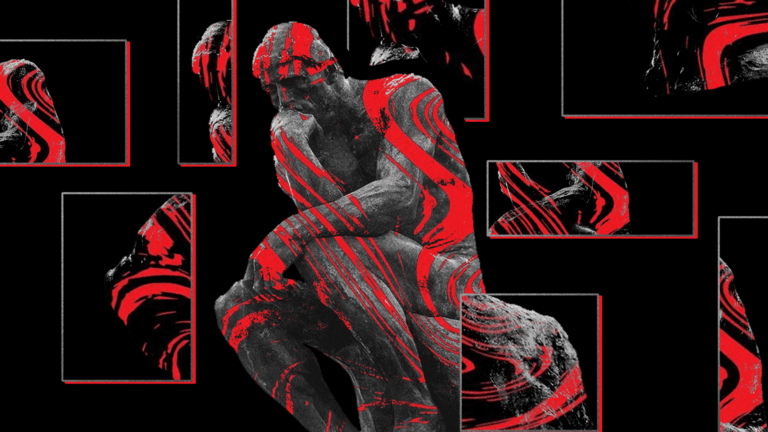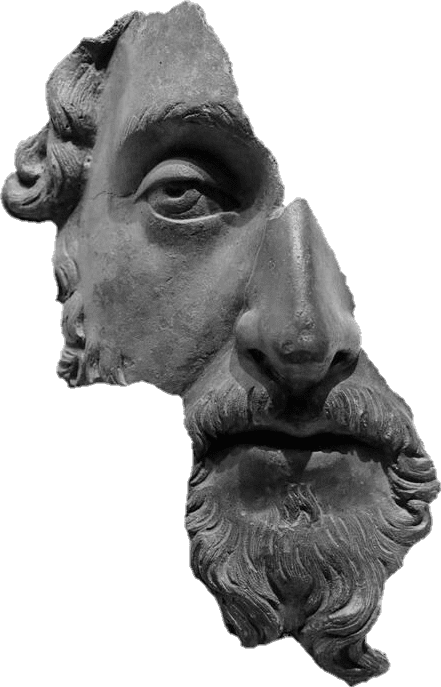So the other day I walked into Subway to get a rice bowl and got shorted on my scoop of yoga-mat chicken.
It (made me furious) made me think about what would cause an employee to make such a myopic blunder… he realized he was playing with his life.
If I was some mob boss he’d be in a barrel at the bottom a murky lake– but I’m not… so his actions didn’t carry much consequence.
I started to think about how the chicken was probably mandated by management to cut costs. I couldn’t see such a poor decision coming from the employee since he seemed like a nice guy who would’ve given me the whole tub if he could.
The Subway employee lacked authority in his decision making due to the leverage of upper management. He was at the mercy of complexity’s interconnectedness. This resulted in (poorly) mandated chicken.
In complex systems, it’s turtles all the way down with leverage points being key to understanding how things are structured.
Think of a franchise:
- You could work as an employee which would give you a x dollars for y time. Your decisions would only have an immediate effect on your clients.
- You could manage a franchise which would give you x+10 money and instead of handling chicken you would be responsible for handling the people who handle the chicken (gross). Every change you make has a direct impact on both client satisfaction and (in extreme cases) employees staying out of barrels
- You could own the franchise which would give you an annualized return on your invested capital (plus the headache of maintenance and finding competent operators). This would give you the power to tell the managers to “handle” the issue of low profitability.
- You could purchase distribution rights from franchises in your region act as an intermediary, giving head office a cut for the system and doing the work to sell to each franchise owner (scaler)
- You could be head office/a franchise founder (tricky but highest systematic leverage). Each change a founder makes to the franchise design dictates every subsequent franchise.
- Be the holding company that owns the system which the company operates in (highest operational leverage)
Each one of these roles within a system has different points of leverage. You’d rather be in one role over the other for different reasons.
There’s interdependency at play in a complex system so small change can have a significant (or not so significant) impact at scale.
In corporate governance, leverage points can be found in different aspects of a company’s structure and operations. At the level of the BOD, proper selection of members creates a synergistic effect which trickle onto the entire company.
In Private Equity, leverage points are constantly used to improve the operations and profitability of portfolio companies. This is done by identifying key leverage points such as supply chains, customer experience, and production processes. Its also true for compensation structure and interest alignment.
Leverage points are an important concept to driving change. Sign up for our QYP newsletter to stay informed!










